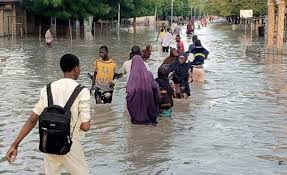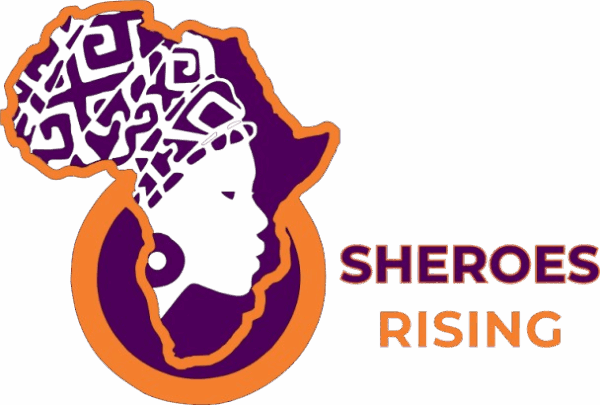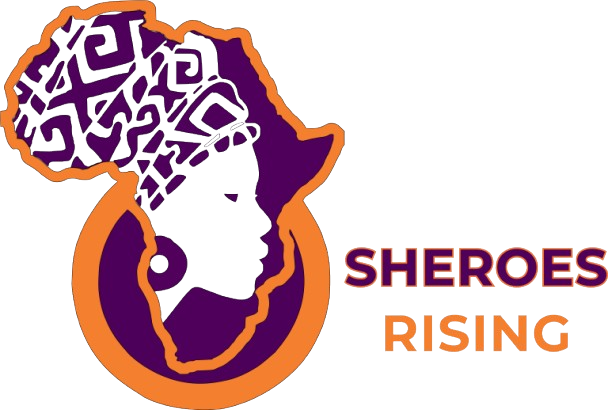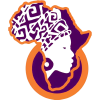When floodwaters rise in Pakistan, the headlines often focus on collapsed homes, broken roads, and swollen rivers. But hidden behind those numbers are the daily struggles of women and girls, struggles that often go unnoticed in emergency response. From health risks to privacy concerns, they face unique challenges that demand targeted action from the government.
In Punjab, Pakistan’s most populous province, above-normal rains and India’s release of excess water have triggered a flood emergency, affecting over 2.4 million people and killing 41 in just ten days, according to the Provincial Disaster Management Authority (PDMA).
Nearly 900,000 people have been relocated to relief camps, where the WHO warns that unsafe drinking water and mosquito infestations pose serious epidemic risks. Diseases such as Diarrhoea, Malaria, Dengue, and Skin Infections are spreading rapidly.
Punjab’s Health Minister Imran Nazir has noted that over 850 relief camps are providing medicines for malaria, fever, rabies, snake bites, diarrhoea, and skin diseases, with special facilities arranged for pregnant women displaced by the floods (PDMA, WHO, Arab News 2025).
While more than 850 camps provide basic medicines and treatments, women remain the most vulnerable in these conditions. For women and girls in these camps, privacy and safety are fragile. Many are forced to sleep in overcrowded tents or use shared washrooms without proper doors or lighting, leaving them vulnerable to harassment and gender-based violence (GBV).
Reliable data on sexual violence during disasters is difficult to capture, as many survivors remain silent, held back by stigma, fear of retaliation, or weak legal systems. Globally, an estimated 35% of women experience sexual harassment, yet fewer than 40% ever seek help, and less than 10% report to law enforcement. These numbers underline why women’s safety cannot be treated as secondary in humanitarian responses.
Health care access is another urgent challenge. With clinics destroyed or unreachable, pregnant women struggle to access skilled birth attendants, safe delivery kits, or postnatal care.
Menstrual hygiene is rarely considered in emergency aid, forcing women and girls to rely on unsafe alternatives that endanger their health. Meanwhile, their burden of unpaid care work multiplies as they look after children, the elderly, and the sick in already desperate conditions.

This reality is not unique to Pakistan.
In Nigeria, recent floods displaced millions, and for the women and girls affected, the situation remains the same. They reported the same lack of privacy, unsafe washrooms, and interruptions in education. Nigerian women’s groups stepped in, distributing hygiene kits, advocating for safer camps, and pushing for schools to reopen (UNICEF Nigeria & Relief Web, 2022–2023 reports).
This shows how women-led initiatives can help close critical gaps that governments and aid agencies leave behind.
Pakistan must take a leaf from Nigeria, and ensure flood relief is gender-sensitive, secure shelters, separate washrooms, menstrual and maternal health kits, and female health workers. Women should be included in disaster committees and given direct cash support to lead household recovery.
Floods are not gender-neutral: women and girls face greater risks to safety, health, and dignity. By placing their needs at the Centre of relief, Pakistan can turn its most vulnerable group into leaders of resilience.
Umm E Habiba writes from
Punjab Pakistan









